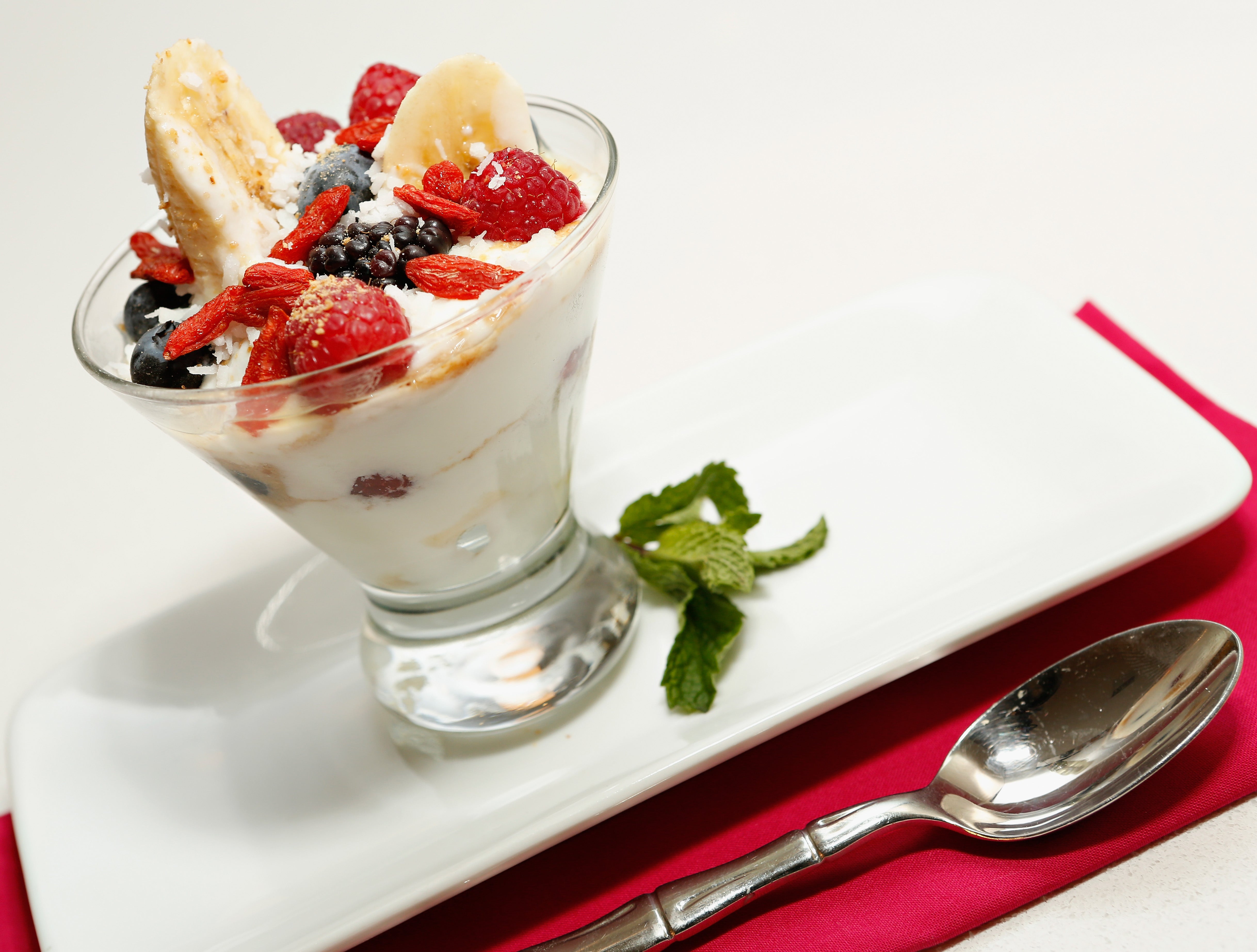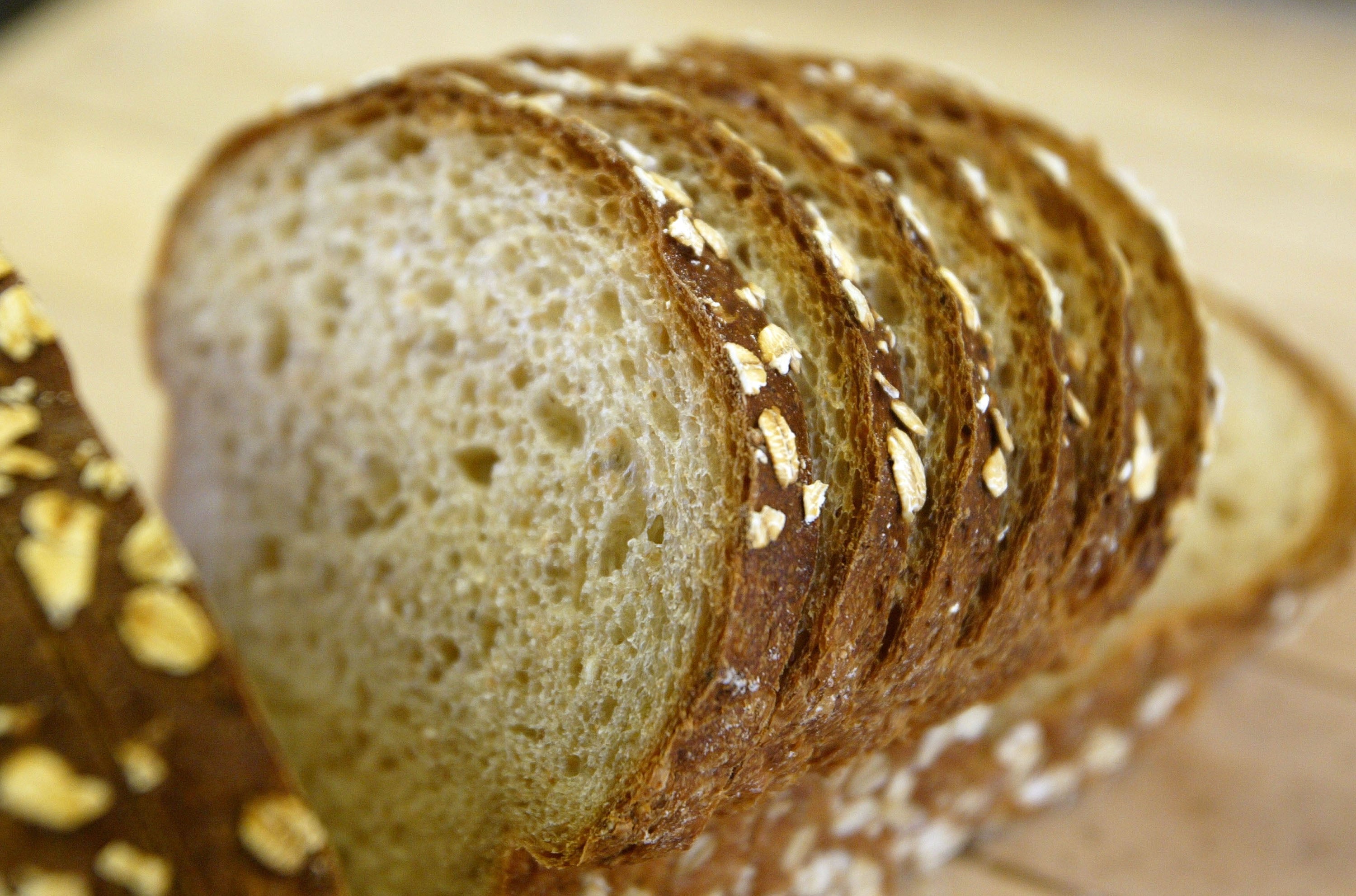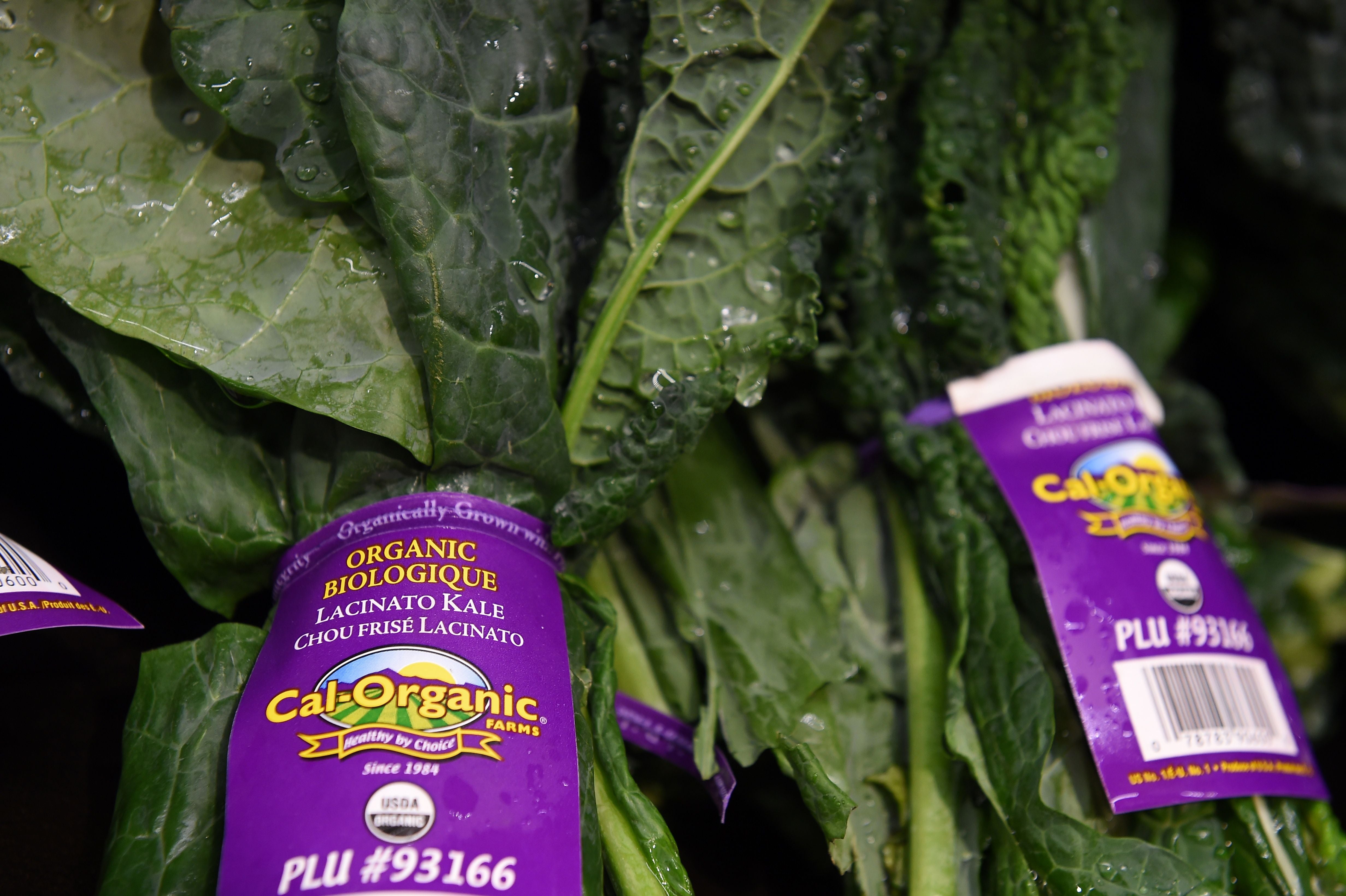Gut health has become the buzzword in wellness circles and with good reason.
Our guts – the stomach, intestines, and colon – are home to thousands of species of unique, good bacteria that help regulate the body’s systems and digestive processes. Keeping the gut healthy with a nutritious diet has been shown to help humans live longer.
Good gut health is connected to better digestion, mood, and a healthy metabolism.
With that goal in mind, dietitians and nutritionists have analyzed the best and the worst foods to consume. However, nothing is “one size fits all” when it comes to dietary health.
“The digestive system is different for everyone,” Jamie Allers, a registered dietitian with Hartford HealthCare’s Digestive Health Institute, said in a statement.

“Pay attention to how your body responds to certain foods, and don’t hesitate to check in with your doctor or dietitian for personalized advice.”
Yogurt
Experts rely on yogurt to provide the gut with “friendly” bacteria known as probiotics. Found in fermented food and drinks, probiotics have been found to prevent the intestines from being invaded by unhealthy bacteria linked to anxiety, depression, and neurodegenerative diseases, according to Harvard Medical School.
People should include yogurt and other probiotic-rich foods in one or more meals a day. Other options include pickles and kombucha.
“Eating probiotics needs to be a regular thing,” Teresa Fung, an adjunct professor at the Harvard T.H. Chan School of Public Health, explained. Fung noted that eating an occasional food with probiotics won’t do much to improve your gut health.
A meal rich in probiotics for breakfast could be a bowl of yogurt and granola with fruit. For lunch, try a kimchi salad, and round out dinner with a yogurt-based curry.
But, beware, some brands of yogurt have high sugar. Other foods that normally contain probiotics, such as cheese and miso, may have had their microorganism stripped during the cooking process, Fung warned.
Whole grains
We also need prebiotics found in foods that help the good bacteria grow inside the digestive tract.
Solid options are whole grains, such as brown rice, whole wheat bread, and oatmeal.

Our friendly microbes love fiber. When fiber is broken down in the gut, fats are produced that can make the colon less hospitable to some damaging microorganisms, Harvard Medical School said.
As an added benefit, whole grains can help with weight management. We feel fuller when we eat them.
“These fiber-rich foods support digestive health and help prevent constipation,” Allers said. “They’re so easy to add to your day, like a warm bowl of oatmeal to start your morning right.”
For bonus points, a meal that contains both probiotics and prebiotics could be sauerkraut added to a whole wheat bread sandwich.
Leafy Greens
Leafy greens are a great source of fiber. Packed with vitamins and nutrients, they contain a specific type of sugar that helps fuel growth of healthy gut bacteria, according to Johns Hopkins Medicine.
Fiber is more than just good for your gut: it may also lower the risk of diabetes, heart disease, and some types of cancer.

Some of the easiest ways to get these into your day would be adding spinach to a morning smoothie, or packing a salad with kale.
Ohio’s Summa Health advises that you get creative, adding leafy greens across the menu from eggs and pancakes to stir frys.
Fruit
Add some berries to that morning yogurt. They’re a great source of antioxidants, substances found in foods that can prevent damage to human cells and DNA.
“They’re packed with antioxidants for gut health, plus soluble fiber and water to keep digestion moving,” Allers said. “It’s a little sweetness with big benefits.”
Watch out for the high-sugar fruits if you’re prone to gas and bloating like apples, mango, and pears. Citrus fruits have less sugar, according to Johns Hopkins Medicine.
“Bananas are another low-fructose fruit that are fiber-rich and contain inulin, a substance that stimulates the growth of good bacteria in the gut,” the Maryland institution said.
Lean protein
Lean protein often contains organic compounds known to support a healthy gut.
Turkey has the compound tryptophan, which can strengthen the lining of the intestines, Lina Begdache, a dietitian and assistant professor at Binghamton University, told EatingWell.
Lean protein is also known to have anti-inflammatory properties. Inflammation can result in deadly conditions, such as cancer and heart disease.
Other sources, such as beans, peas, and salmon, are key to avoid painful colon spasms, Johns Hopkins Medicine says. High-fat foods, including red meat, can trigger contractions of the colon that are a symptom of intestinal distress.
Red meat also promotes colon bacteria that produce chemicals associated with an increased risk of clogged arteries, John Hopkins warns.



